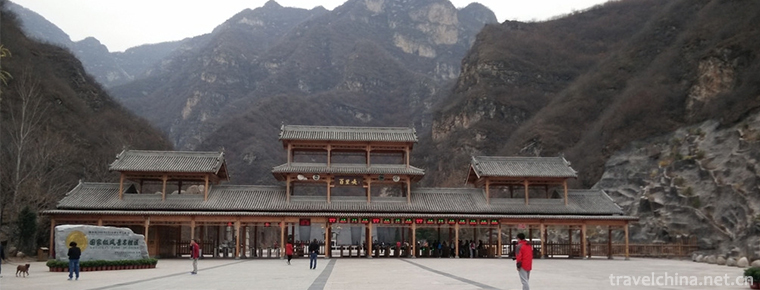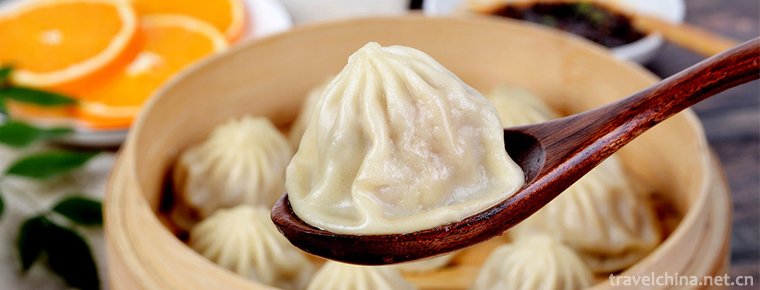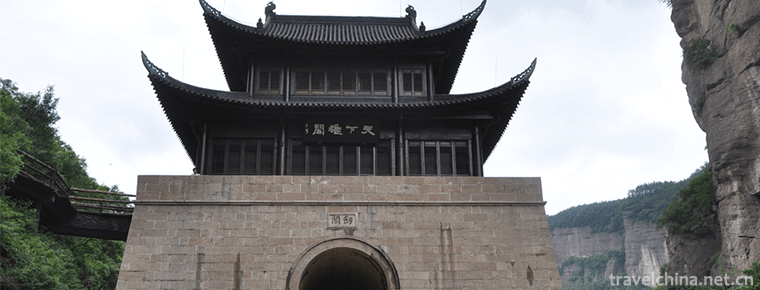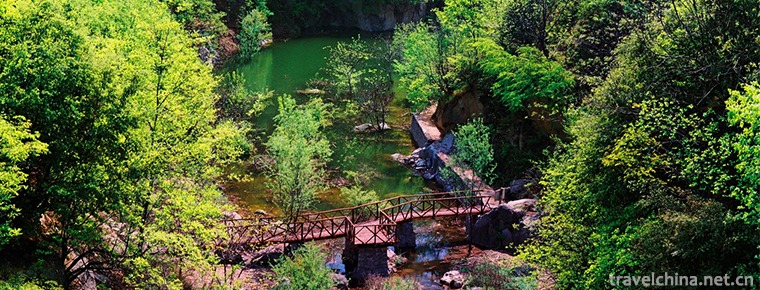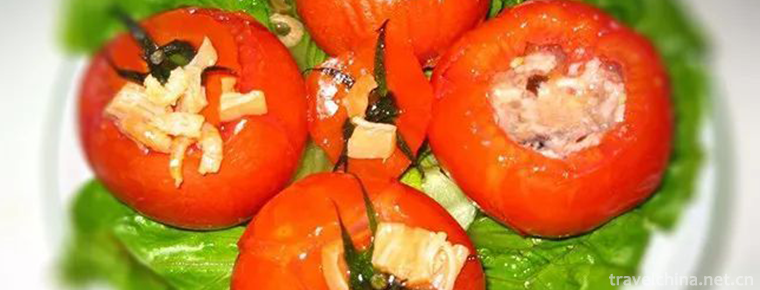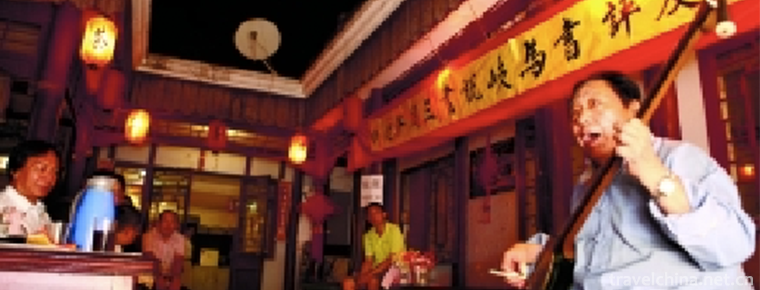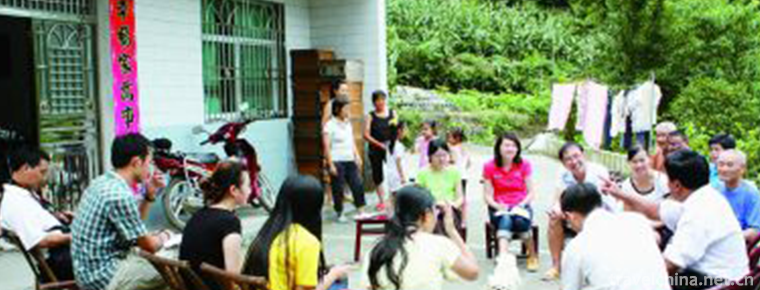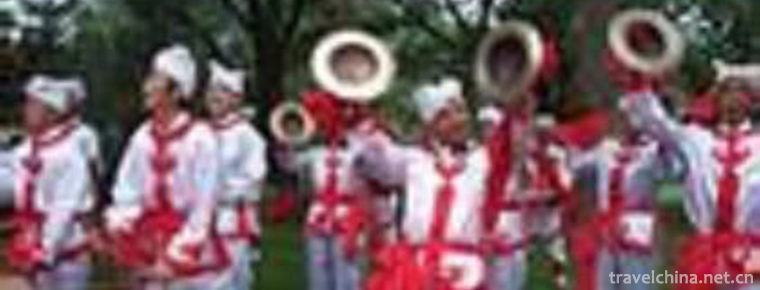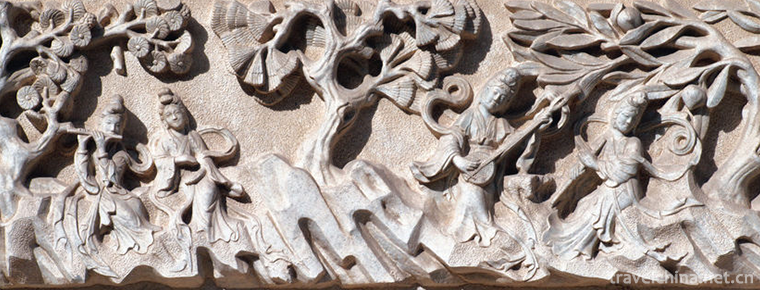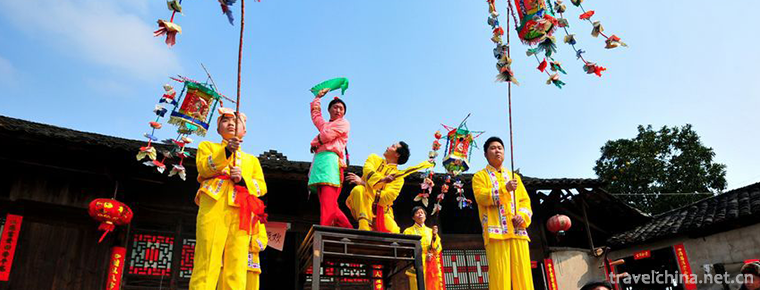Martial Art
Wushu is a technology inherited from ancient military wars. Martial arts can strengthen the body and defend the enemy. The people who practise martial arts are guided by technology and lead the practitioners into the traditional way of enlightenment (martial arts) to understand the objective laws of man and nature and society, which is the direction and guarantee of human material civilization.
Wushu has the power to stop and fight and maintain peace. As the survival skills of the descendants of the Chinese nation, Chinese traditional Wushu has gone through thousands of years of storms and hardships along with the development of Chinese history and civilization. It has become the soul to maintain the survival and development of the nation, and the soul to carry the genetic composition of Chinese children. Wu is the strength to safeguard its own safety and interests. We practice martial arts, so that we can be promoted from body to heart, from soul to soul, and full of security, spiritual strength, with the strength of self-defeating. This is a magic weapon that has been precipitated and settled in the past dynasties.
On June 22, 2015, in the working meeting of the Organizing Committee of the "Selection Conference of Substitute Competition Items Proposed by the Host City of the Tokyo Olympic Games in 2020", held in Tokyo, Japan, eight items were selected as candidate items for the Tokyo Olympic Games in 2020, including martial arts.
On September 28, 2012, the Organizing Committee of the "Tokyo Olympic Games 2020" announced that they would submit to the International Olympic Committee a list of new project nominations. Wushu is not among the five nominated projects, which means that the Wushu project will not be eligible for the Tokyo Olympic Games 2020.
Performing arts, before the appearance of the movie, was mainly presented in the form of stage drama. The predecessor of Chinese opera was Chinese opera. The term "opera" was first used in history by Song Liu-cheng (1240-1319) and then by Yuan (1271-1368), Tao Zongyi, a native of the Yuan Dynasty, dropped farming in Nancun, and Wei Liangfu, a Ming Dynasty, a quotation of Nanci. It is worth noting that Chinese drama began to flourish in the Yuan Dynasty since the beginning of the Yuan Dynasty.
The imperial examination system (including literary and military examinations) was stopped in the Yuan Dynasty. The rulers of the Yuan Dynasty had a low level of Chinese, but they were very happy to see the theatre. As a result, the literati who wanted to take the examination did not go out and went to the street acrobatics and theatre troupes to write scripts to make a living. Among them, a large group of people, such as Hanqing, Wang Shifu, Ji Junxiang, and Ma Zhiyuan, who wrote The Orphan of Zhao, as well as the martial arts instructors of Yuan Zaju, made Chinese opera (a combination of folk songs and dances, rap and comedy) rapidly become one of them. Chinese drama consists of literature, music, dance, art, martial arts, acrobatics, etc. As a result, the dramas produced in the Yuan Dynasty quickly caught up with the tragedies of ancient Greece and Sanskrit operas of ancient India, and made up for the deficiencies in the comparison between Chinese dramas and world dramas; Especially the Zaju of the Yuan Dynasty, it spread widely and rapidly among the people.
Among them, the warriors who were responsible for the guidance of martial arts in Yuan Zaju would not let the Yuan people learn the real Chinese martial arts. (Which nationality would invade its foreign enemies by going to Baibai Church? No fool! As a result, these Wuzhi opera troupes and shelves moved to Beijing opera, and gave them the name of "Wushu" to entertain the Yuan Dynasty, which is good-looking and happy. This is what many people see on the stage now. The practitioners of Chinese Wushu know that these flower shelves used only for performance have little to do with the "Wushu" itself, and even the purpose of "Wushu" is intentionally reversed. Drama (Drama), the battle of hog. It's good looking. It's used for teasing people.
Because operas and dramas are widely spread among the people, and real Wushu has always belonged to the Royal noble and secret skills, so it is difficult for the people to get a glimpse of real Wushu (panoramic); and later, the film art spread "Chinese Wushu" and "Chinese Kungfu" widely, so that routines and performing "Wushu" among the general public. The impression of being preconceived has led to the performance and routines of modern Chinese martial arts.
However, among the people, there have always been groups practicing Chinese traditional martial arts. They still adhere to the traditional ethics of non-performance and non-competitive, restrained and respectful, and widely spread among the people.
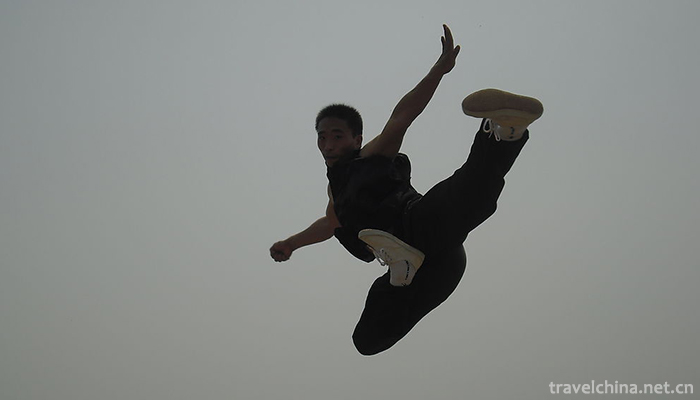
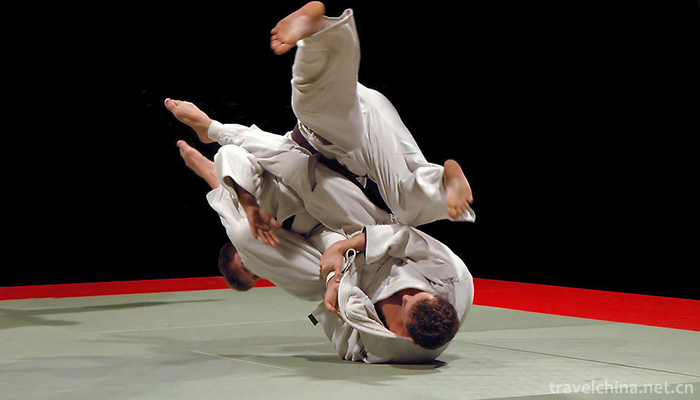
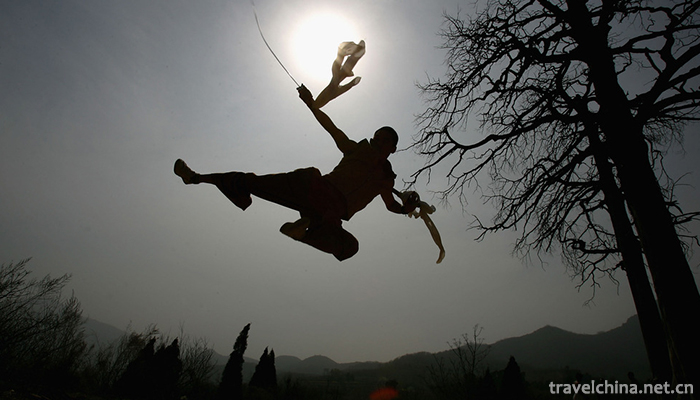
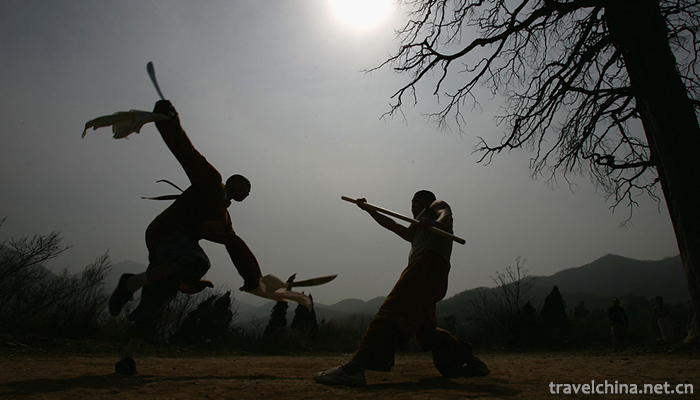
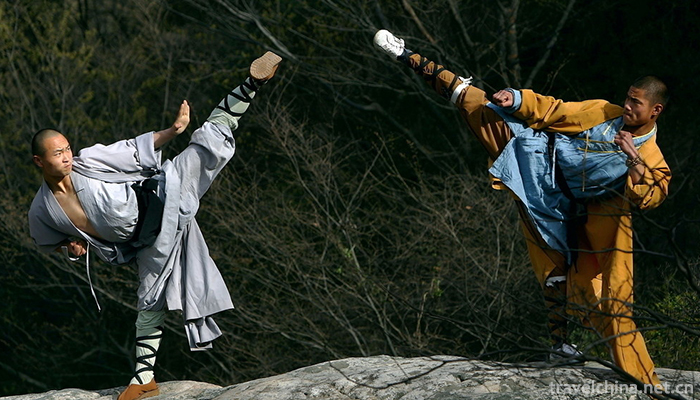
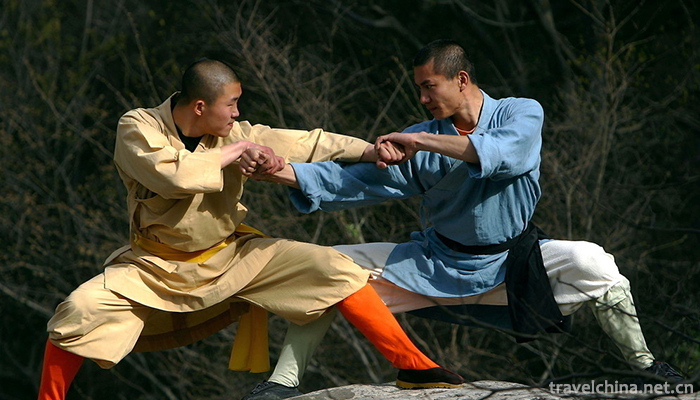
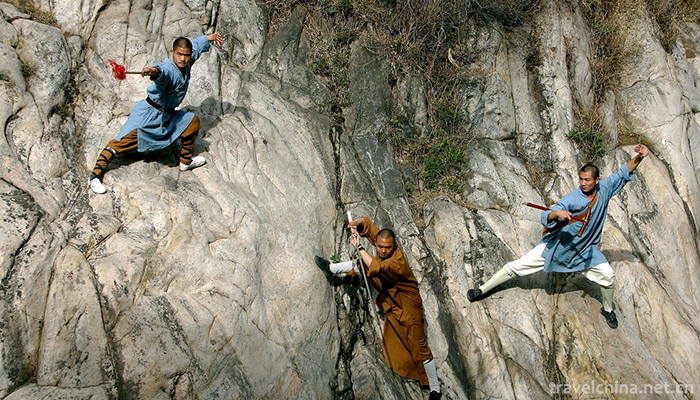
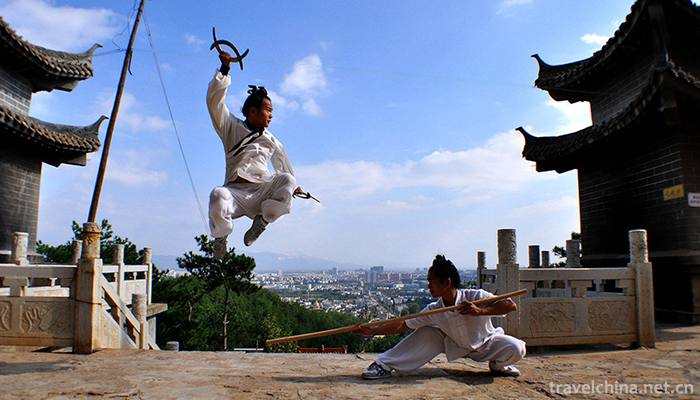
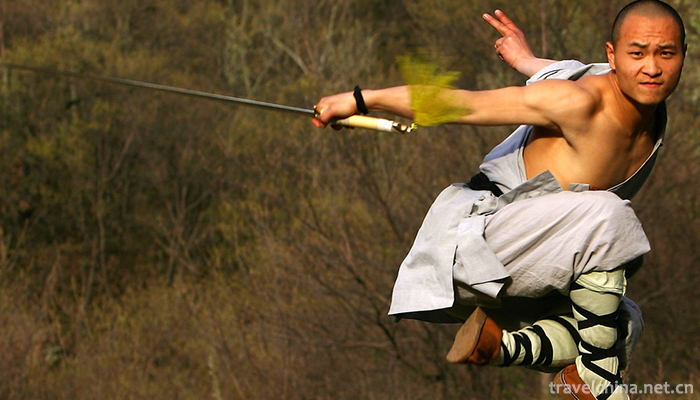
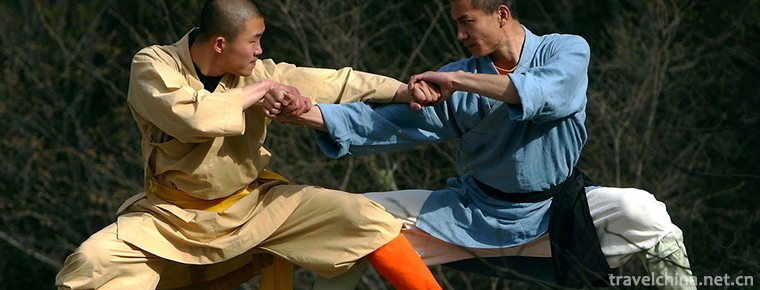
Martial Art
-
Yesanpo Scenic Area Laishui County Baoding
The Yesanpo Scenic Area of Laishui County, Baoding City, Hebei Province, is located in Laishui County, Baoding City. The Taihang Mountains and Yanshan Mountains
Views: 241 Time 2018-11-24 -
Kaifeng soup dumplings
Kaifeng filling soup bag is one of the famous foods in Kaifeng because of its unique flavor. The soup is thin and white like Jingdezhen ceramics. It has a transparent feeling
Views: 219 Time 2018-11-26 -
Jianmenguan Scenic Area
Jianmenguan Scenic Area is one of the national AAAAA class tourist attractions, National Scenic spots, national key cultural relics protection units, National Forest park, national natural and cultura
Views: 233 Time 2018-12-12 -
Thrush valley ecological tourist area
Thrushcross Valley is a natural eco-tourism area, located in Yaoshan Town, Lushan County, Henan Province, and at the northern foot of Yaoshan Scenic Area. It is a national AAAA-level tourist attractio
Views: 169 Time 2019-01-17 -
Longwan Seaside Scenic Area
Longwan Beach, also known as Longwan Beach Scenic Area, spans Xingcheng City and Longgang District. The total length of the coastline is more than 3000 meters, covering an area of 10.9 square kilomete
Views: 154 Time 2019-02-06 -
Eight treasures tomato
Blanch the tomatoes with boiling water, peel them off, dig a round piece along the pedicle one week, remove the seeds and wash them. Cut all the accessories into small dices, mix shrimps and meat with
Views: 280 Time 2019-03-25 -
Beijing storytelling
Beijing Book Review is a traditional art of rap and singing. Legend has it that Liu Jingting (1587-1668), a Southern Jiangnan storyteller, came to Beijing in the late Ming and early Qing Dynasties
Views: 470 Time 2019-04-04 -
The Story of Duzhenwan
Duzhenwan stories cover myths and legends, life stories, ghosts, foxes, ghosts and other fields, including conspiracy, good and evil, kindness and hatred and other different types
Views: 180 Time 2019-04-28 -
Daoism in Northern Shaanxi
As one of the traditional folk songs in northern Shaanxi, Daoqing in northern Shaanxi was originally called "Qingjian Daoqing". Later, because "Longdong Daoqing" and "Shenchi
Views: 181 Time 2019-06-13 -
stone carving
Stone carving refers to the use of various carvable and carvable stones to create a visible and touchable artistic image with a certain space, in order to reflect social life, express the artist's aes
Views: 248 Time 2019-06-15 -
Xiushan Festive Lantern
Xiushan lantern is an important school of lantern art in southwest China. It is a folk cultural phenomenon and folk performing art that integrates religion, folk custom, singing and dancing, acrobatic
Views: 104 Time 2019-07-08 -
Dazhou social security
In 2019, the per capita disposable income of Dazhou residents is 22995 yuan, an increase of 10.1%. The per capita disposable income of urban residents was 33823 yuan, an increase of 9.5%. Among them, salary income was 18783 yuan, an increa
Views: 135 Time 2020-12-20
